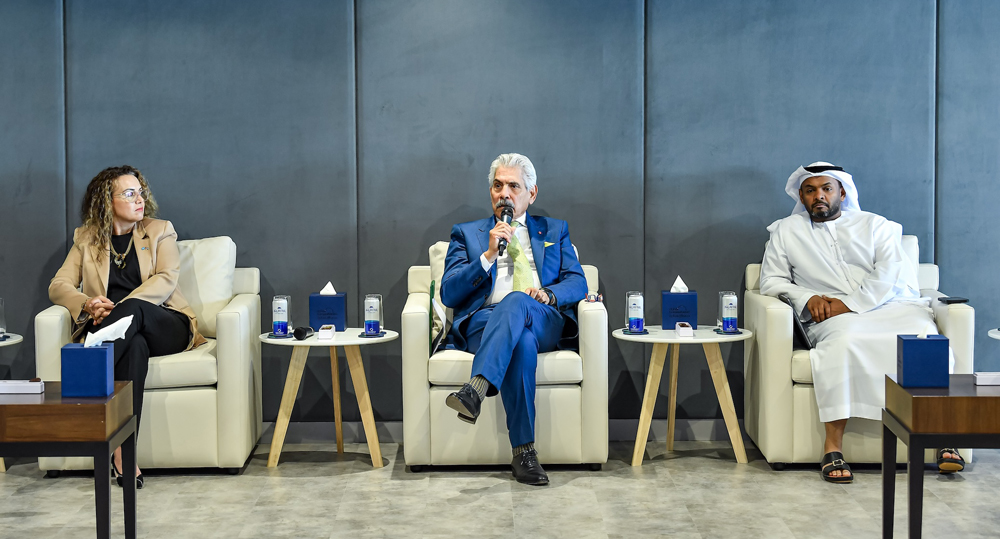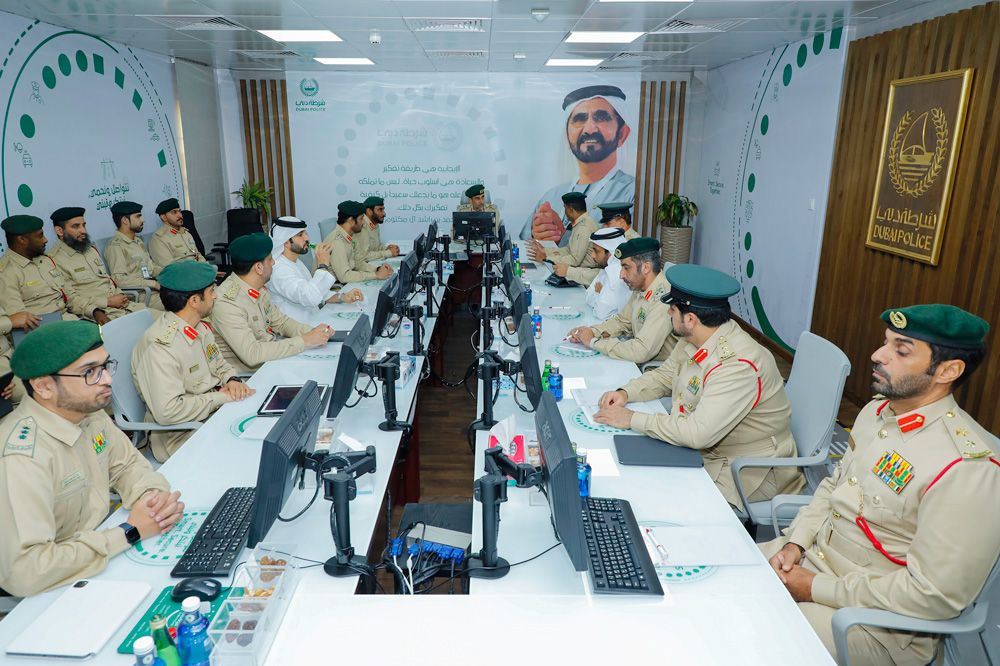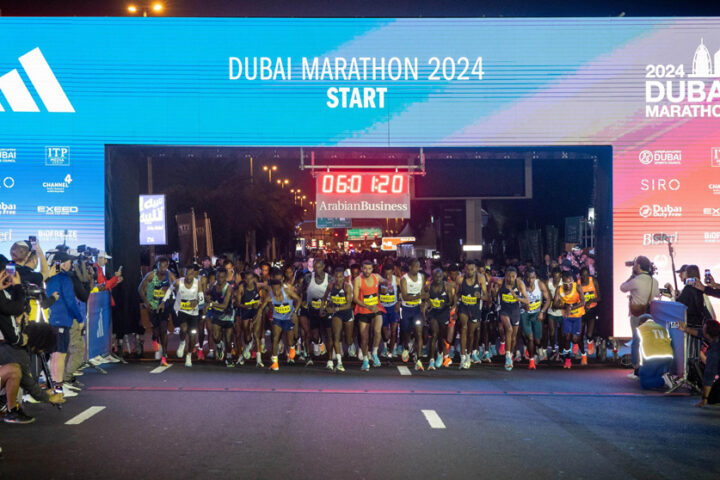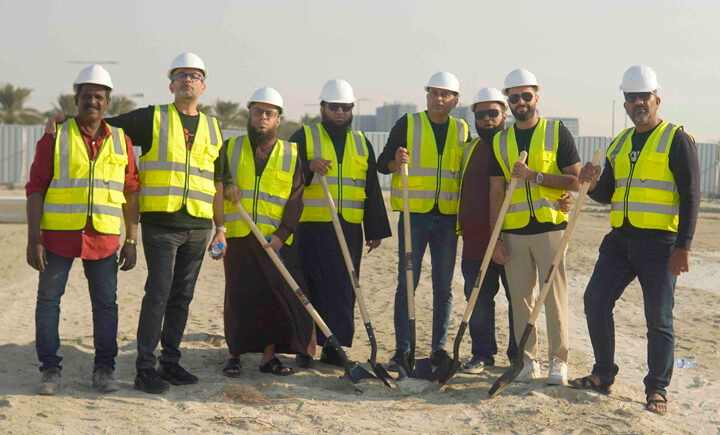Dubai, UAE – In a significant move to boost global humanitarian coordination, Dubai Humanitarian, in partnership with the United Nations Resident Coordinator’s Office, hosted a high-level session today, bringing together representatives from key humanitarian hubs around the world. The event, held at the Knowledge & Development Centre of Dubai Humanitarian, aimed to enhance cooperation and share resources to streamline global crisis response.
Countries represented included Australia, Cameroon, China, Ghana, Italy, Jordan, Kenya, Malaysia, Panama, Spain, and the UAE. Leaders from major humanitarian agencies such as the World Food Programme (WFP), the United Nations High Commissioner for Refugees (UNHCR), the World Health Organization (WHO), and the International Federation of Red Cross and Red Crescent Societies (IFRC) also participated.
Building on the momentum of the First Conference of Countries Hosting the World’s Humanitarian Hubs, held during COP28, the session emphasized the need for stronger collaboration to address growing global humanitarian challenges. Discussions focused on optimizing the use of platforms like the Humanitarian Logistics Databank, which facilitates real-time tracking of prepositioned aid supplies for faster crisis responses.
Keynote Speeches Highlight Urgency of Action
The event was opened by Mr. Rashid Al Hamiri, Director of Development and International Cooperation at the UAE Ministry of Foreign Affairs, followed by remarks from Her Excellency Ms. Bérangère Boëll, the UN Resident Coordinator for the UAE, and Giuseppe Saba, CEO of Dubai Humanitarian.
Giuseppe Saba stressed the importance of unity and knowledge-sharing among countries that host humanitarian hubs. “Our goal is to strengthen cooperation and coordination by sharing information, best practices, and knowledge. By learning from one another, we can create a more unified and sustainable approach to addressing global humanitarian emergencies,” he stated.
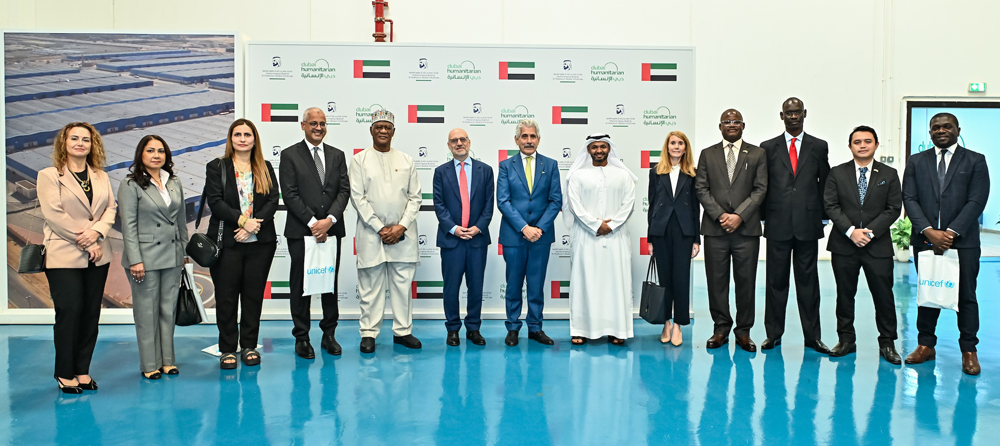
Her Excellency Ms. Bérangère Boëll underscored the rising number of people in need of humanitarian assistance, which surpassed 360 million in 2023. “Climate-related disasters are displacing an average of 20 million people annually, while conflicts across the globe have left millions without basic necessities. Together, with the leadership and support of your countries, we can strengthen coordination, ensure swift responses, and, ultimately, save lives,” she said.
A Showcase of Dubai’s Humanitarian Capabilities
The session concluded with a guided tour of Dubai Humanitarian’s cutting-edge logistics and operational facilities, offering participants a first-hand look at the organization’s role in supporting global emergency relief efforts.
The high-level gathering is expected to further cement Dubai’s position as a pivotal global humanitarian hub, driving collaboration among nations to ensure faster and more effective crisis response worldwide.

